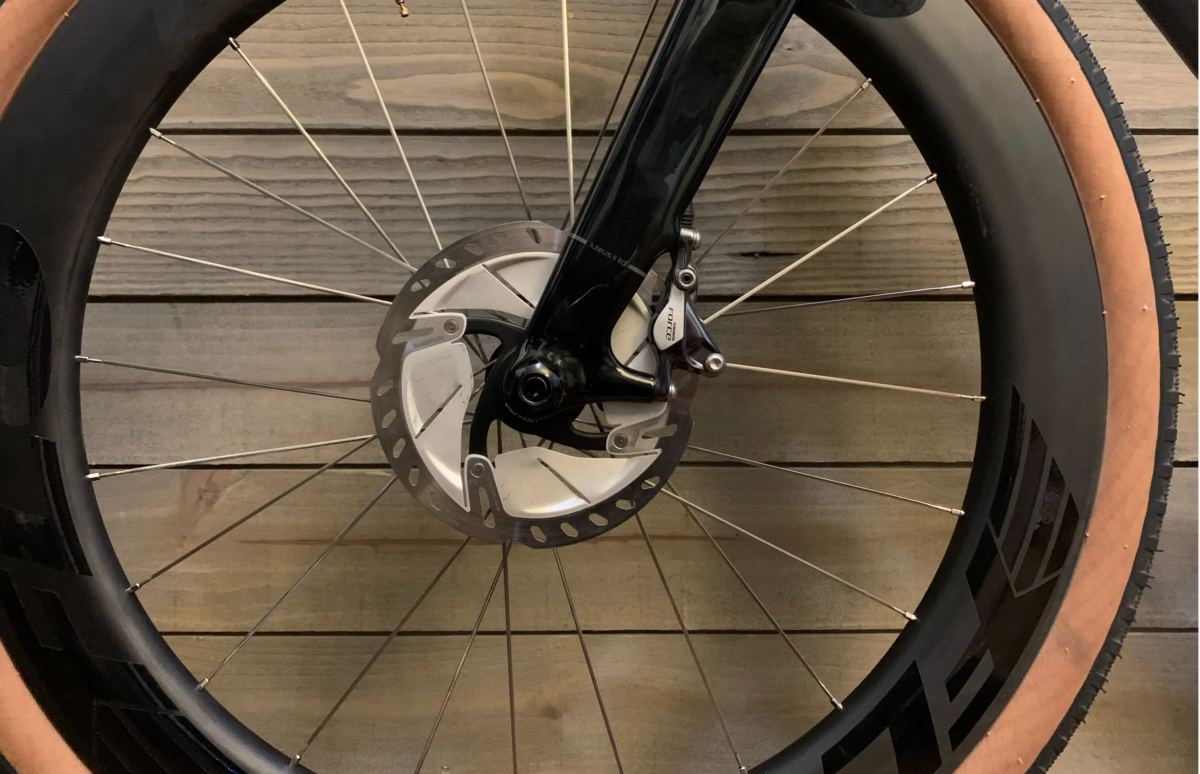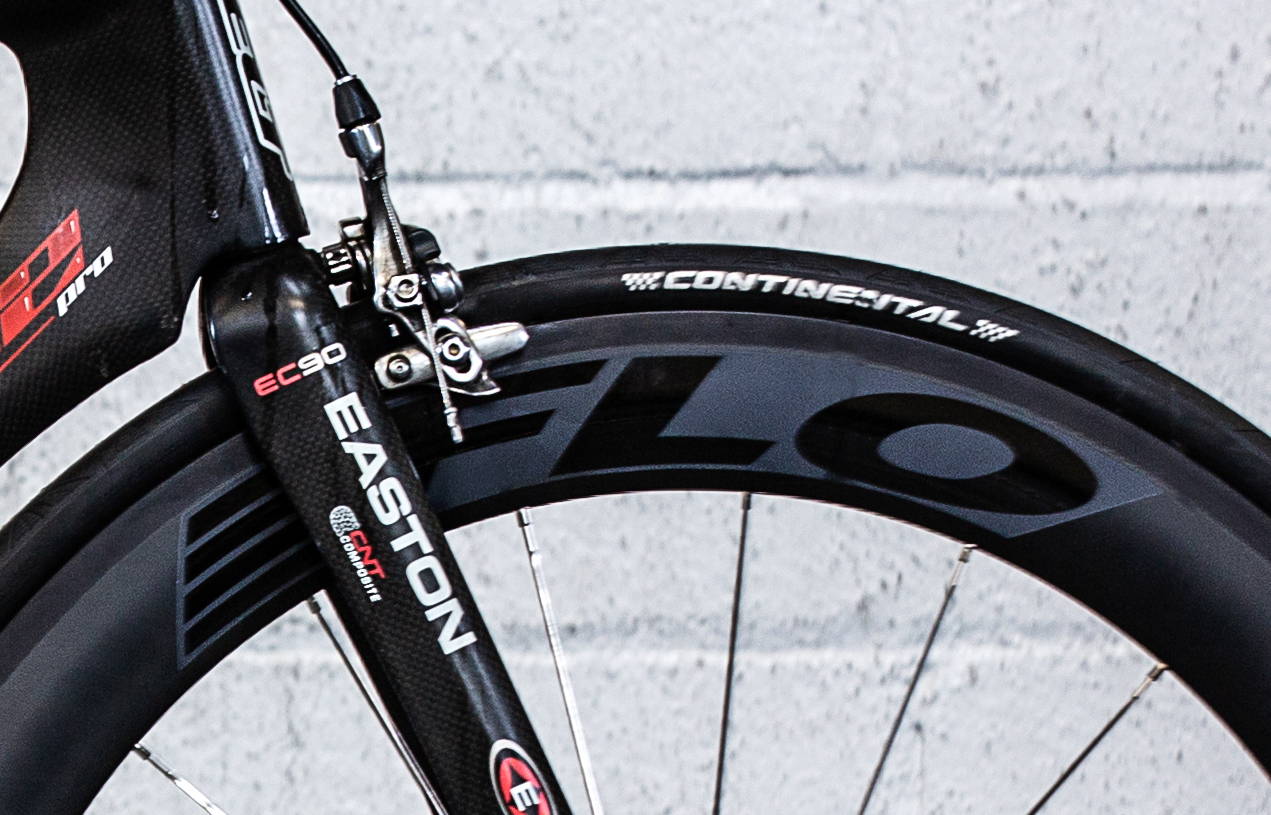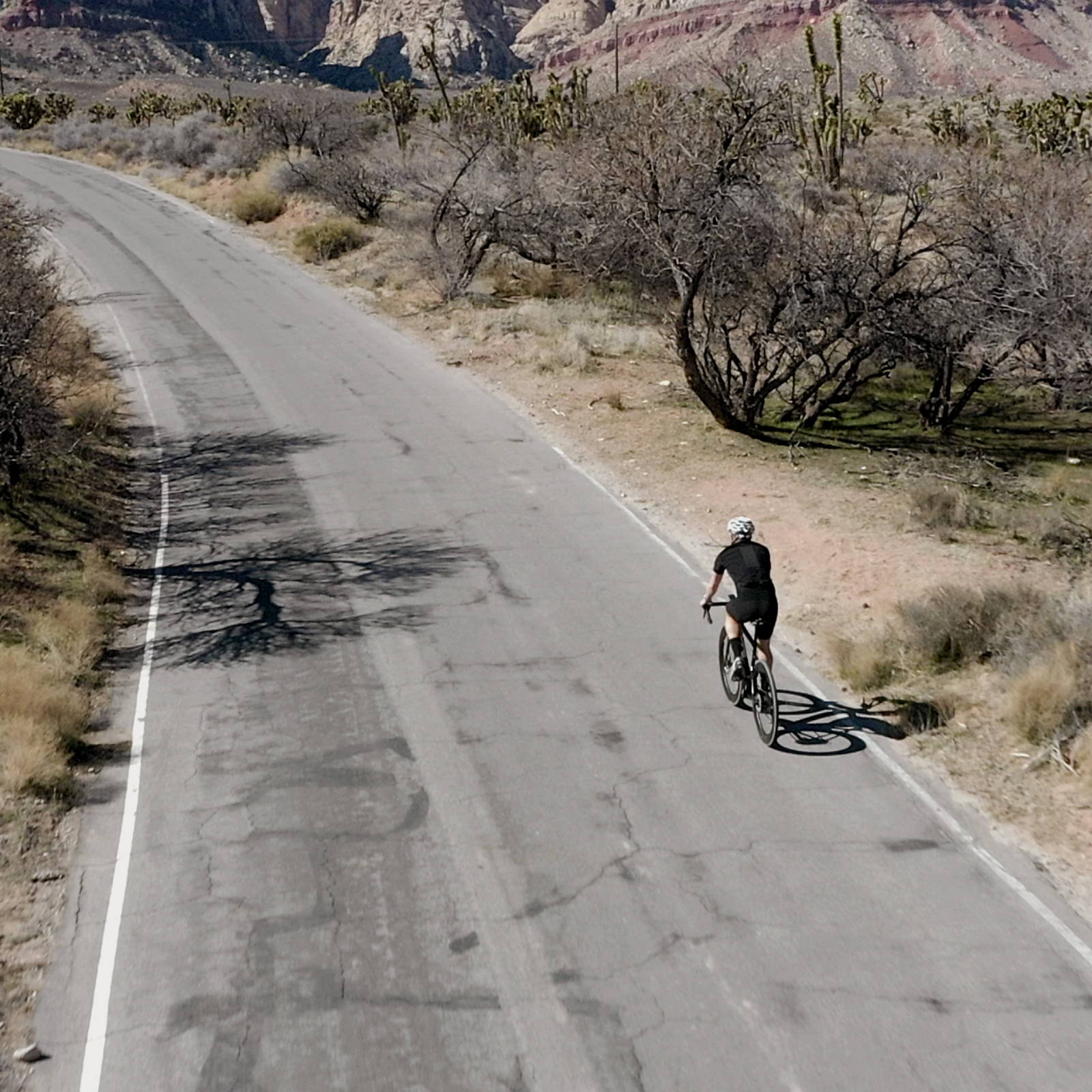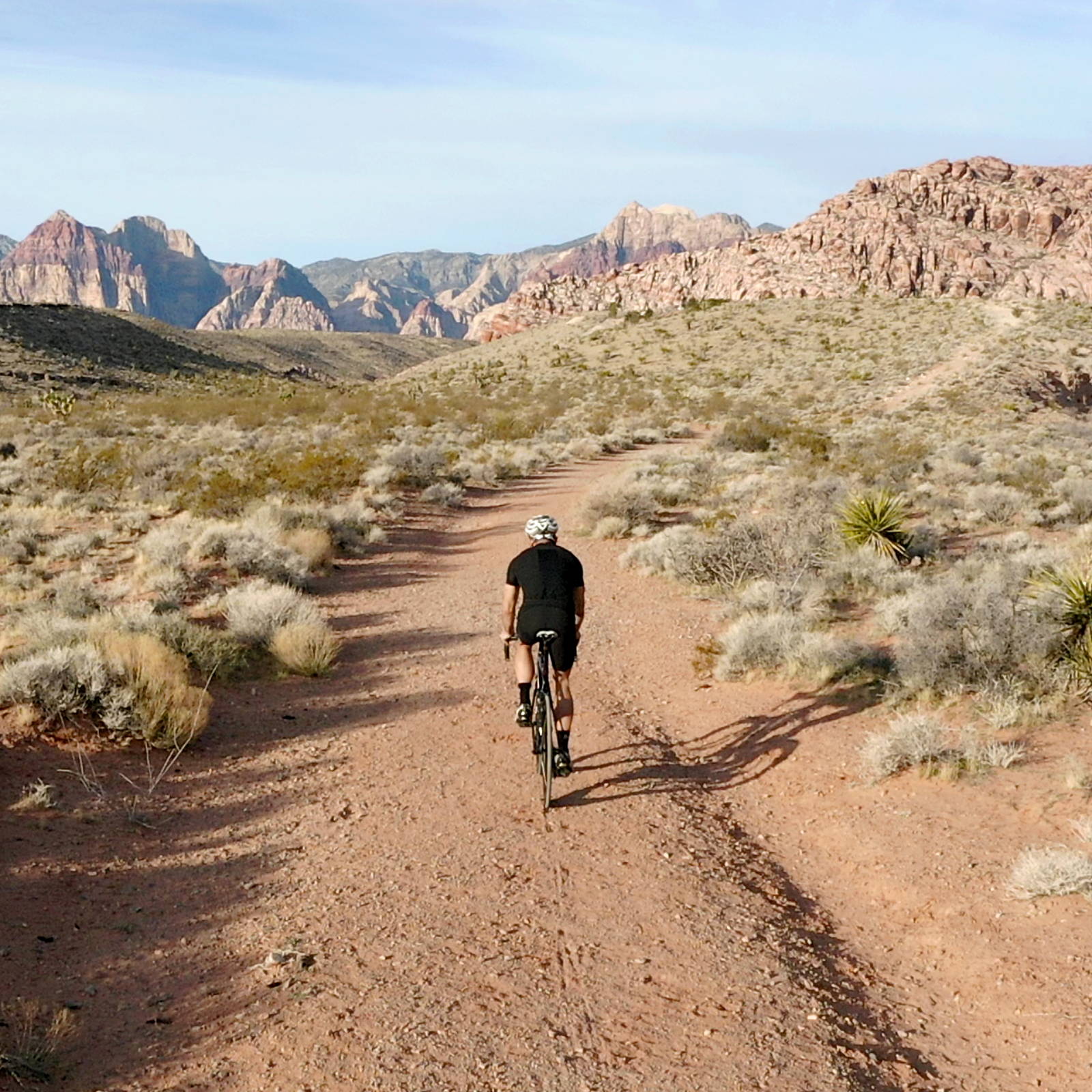UPDATED: 08/16/2021
Early 2020, we released our third generation of FLO Wheels that included All Sport and Gravel wheels. With updated technology, these wheels were optimized for aerodynamics and rolling resistance, proving that wider is faster. If you have a road or tri bike, The All Sport Series features Disc Brake wheels to accommodate disc brake bikes.
How do you know which carbon wheels will fit your bike? If you’re in the market for a new bike and trying to decide between rims brakes and disc brakes, we’ve added our opinion on the pros and cons of both to help you pick the braking system that will be best for you. Below is a “brakedown” (see what I did there?) If you’re interested in learning more about carbon fiber race wheels, you may find our guide super helpful.
The Differences
The main difference between rim brakes, or v-brakes, and disc brakes is how and where the braking force is applied.
Disc Brakes
- A caliper brake applies a force to a rotor that is connected to the hub of a bicycle wheel
- Friction between the brake pads and the rotor slows the rotation of the wheel and brings you to a stop

Rim Brakes
- A brake caliper applies force to the brake track of a rim, located just below the tire
- Rim brakes almost always use cables to close the caliper
- Friction between brake pads and brake track slows the rotation of the wheel and brings you to a stop

Pros & Cons
Each braking system can have their advantages and disadvantages. We highlight the pros and cons of each below.
Disc Brake Pros
- Disc brakes have more-responsive and stronger braking
- Better stopping in wet conditions
- More adjustability with braking responsiveness
- You can use wider tires without the limitations of brake calipers.
Disc Brake Cons
- Typically, more expensive than rim brake wheels.
- Initial set-up and maintenance can be complicated.
- Disc brake bikes can be less aerodynamic than the same bike with rim brakes.
Rim Brake Pros
- A bike with rim brakes is typically lighter than the same bike with disc brakes.
- Bikes with rim brakes tend to be more aerodynamic.
- Installing and setting up rim brakes is much easier than disc brakes. (However, if you have your disc brakes set up correctly, switching wheels becomes easier.)
- Rim brakes are typically more affordable.
Rim Brake Cons
- Stopping is less responsive than disc brakes.
- Brake pads tend to wear faster.
- Rims wear down over time from stopping so eventually the wheel will need to be replaced.
- Your tire size and rim width are generally more restricted.

Should You Choose Disc Brakes Or Rim Brakes
Below are a few questions to help you make the right decision:
Q: What type of bike do you have? Rim or Disc Brake?
A. The braking systems are not interchangeable on a bike. If you have a rim brake bike- stick with rim brakes. The same is true for a disc brake bike.
B. From a braking perspective, disc brakes have better performance.
Q: Is braking safety a concern?
A. Disc brakes are shown to be more precise, have more braking power, and greater control. You have to apply less force with your hands due to the hydraulic system to slow down. When you have to use greater amounts of force for longer periods of time (like on long descents) your hands can fatigue. Also, the precision could mean stopping in time to avoid that car that didn’t see you.
Q: Do you often ride in wet and muddy conditions?
A. Disc brakes have better performance in wet and muddy conditions. The force applied by the hydraulic system makes this possible.
Q: Are you concerned about the longevity of your rim?
A. Since disc brakes do not attach to the rim, the rim does not wear from braking creating a longer lifetime for the wheel.
Q. Are you interested in riding wider tires?
A. Wheels and tires are getting wider for lower rolling resistance, better handling, and more comfort. Disc brakes generally allow for a greater wheel and tire width.

Final Thoughts
Hopefully, this helps you choose the braking system that right for you and your bike. If not, feel free to drop us a note or give us a call, and we’ll be happy to answer any questions you may have.

Co-founder at FLO Cycling. Jon manages the day to day operations and acts as the lead engineer for all FLO products.
